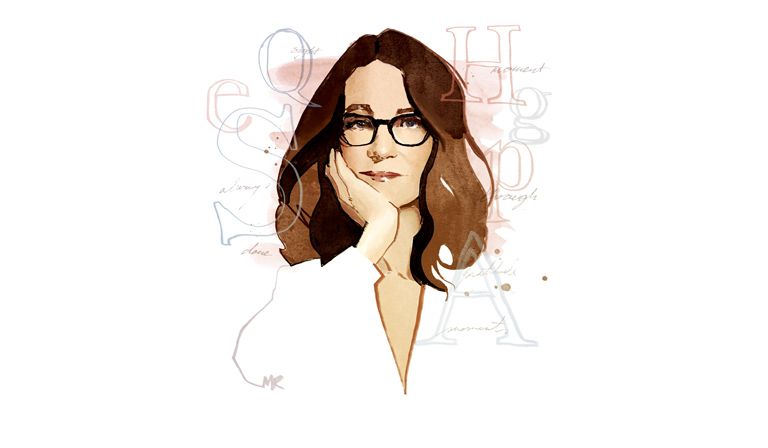What is the first news event you can recall?
I remember my parents talking about Watergate. But one of my most vivid news memories was the death of Elvis Presley in 1977. It seemed to my teenage brain as though the whole world was suddenly plunged into mourning.
What is the biggest problem?
Where to start? If I can only pick one, I would have to say the existence of world leaders whose egos are forever prioritised at the expense of decency. There is a word that came into English from Spanish which I often think of: “empleomania”, the desire to be in public office—no matter the cost.
If you could spend a day in one city or place at one moment in history, what would that be?
I’d like to be at the Eagle pub in Cambridge on 28th February 1953, when the structure of DNA was revealed with the words, “We have discovered the secret of life”. Not least because I could pay tribute to the brilliant Rosalind Franklin, whose contribution was written out of the story for far too long.
What is the last piece of music, play, novel or film that brought you to tears?
I was lucky enough to host the British Transplant Games this year. There were more than 2,200 athletes competing, and their stories and smiles were extraordinary. We listened to two musicians: the brilliant Adam Isaac, who received a kidney from a friend who hadn’t hesitated to step forward, and Blossom Martin, who received kidneys from both her parents. At the event, she sang Handel’s “Ombra mai fu” (“Never was a shade”); her voice was so exquisite as it echoed off the walls of Blenheim Palace that every one of us was moved to tears.
Your new book presents 365 obscure or forgotten words that ought to be in regular usage. Which is your favourite?
That’s very tricky! I’d go with two, if I’m allowed. The first is “arseropes”: a word that means the “intestines” and which first appeared in a translation of the Bible. I think if you told anyone you had a terrible “grumbling in your arseropes”, they would understand immediately. And the other is a 16th-century term, now lost, for the friends in life who get you through the tough times: they are your “copemates”.
The book features many glorious words from numerous languages, not just English. Is it important that we supplement our speech with words from elsewhere?
I think it’s vital: we can never fully understand other cultures without listening to their native tongue. As the philosopher Ludwig Wittgenstein put it so beautifully, “The limits of my language are the limits of my world.” German was my first love, and it does yearning so well, which perhaps tells us a lot about its speakers. “Fernweh”, for example, is not “homesickness” but “far-sickness”, the longing to be far away.
In the age of emojis and generative AI, is there a danger that people’s vocabulary diminishes? Are you trying to fight against that?
We have always feared new technology. The Victorians worried about the postcard, assuming the constricted space would make writing far less articulate; the arrival of the telegram inspired similar anxiety. We were equally convinced that the internet would bring our language to ruin, when evidence shows it is actively encouraging variety rather than diminishing it. Emojis have their place, of course—they add nuance when space and time are limited, but they will never be a replacement for the right word. We have a lot of data now showing a widening gap among our children between those who are exposed to a rich vocabulary and those who aren’t, and we need to fix that. Reading, as always, is key: it’s the most natural way of extending and enjoying the words we use.
What would people be surprised to know about you?
I’m not great at Scrabble! On Countdown, it’s all about finding the longest word, whereas in Scrabble even a short word can knock your opponent for six. I decided to avoid it long ago so as not to mix the wordlists up!
Susie Dent’s “Words for Life: To Boost Every Day of the Year” (John Murray, £16.99) is available in hardback from 11th September
This article was updated after publication to reflect the fact that Elvis Presley died in 1977, not 1979 as originally stated












